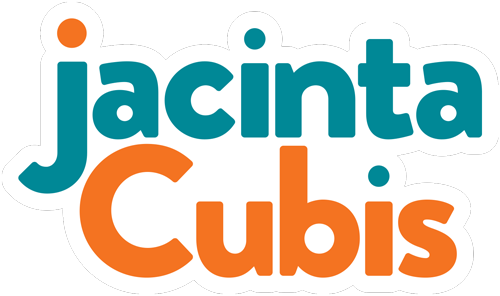The Loneliness of the Organiser: creativing collaborative habits
You’re pulling the group together.
You’ve found the perfect venue. It’s got lots of natural light and with an outside area for breaks. It’s close to the station and the bus stop isn’t far. There’s bike racks and a car park. And the barista at the local café meets your high standards.
You’re all set.
You send out the invitations and set back relaxed. Job done.
Nope. The questions start to roll in.
“Where is The Oasis?” is the first question that lands in your thread or inbox.
The address is bolded in your original note with a big WHERE before it.
You patiently type a reply that you hope they’ll all see.
“Where’s the venue?”
You’re frowning a little now. Why does this always happen?
“Can you walk from the station?”
“How do I get there?”
“Is there parking? How much does it cost? Is there an early bird rate?”
“What time does it start?”
“Is there a good café nearby?”
Are you pulling your hair out yet? Just bringing a group together can get frustrating. It’s got very little do to with the platform you’re using - What’s App, a Slack channel, a Facebook group or email.
I call it the Loneliness of the Organiser. It could be a project manager, change lead, partnership broker or stakeholder engagement coordinator. An unpaid director on the board of a charity, or a volunteer in a local community group, on a school council or sports club.
Somehow, it all comes down to you and the rest of the group abrogate their responsibility to read, note and understand simple information that’s the result of careful and considerate planning.
Sounds trivial but it’s not just a matter of how it leaves the organiser feeling. It’s also the amount of time wasted.
Why don’t people read? Or listen and watch the short video you helpfully sent with the invite.
The questions start to wear you down, like drips of water on a stone. Who’d ever volunteer to organise this group again?
And it happens over and over again. The drain on the organiser's energy and time - their personal resources as described by Cross, Rebele and Grant in their article on Collaborative Overload - can be immense.
If just getting the group together is this frustrating, what is it going to be like when they actually start to dive into the problem that they are supposed to solve?!
It’s enough to make some organisers abandon ship, bow out – leg it. What happens to the group then? Who’d step up for more of the same?
A friend of mine bowed out from being the organiser of the annual Christmas picnic for fellow freelancers. It was always on the second Wednesday of December, from 3pm, in the same spot in the same park, which was reached in just the same way by car, bike or tram. It was always ‘BYO food and drink’. But every year, for seven years, he had to deal with the usual questions from the same people. He gave up in frustration.
An organiser of a collaborative project, partnership or group can probably not give up so easily. Nor can the group. But it’s in everyone’s interest to maintain the motivation and enthusiasm of the organiser.
Rather than make the organiser feel like giving up, when does someone call out this behaviour and its impact? Who shows the group what it feels like to be the organiser, being worn down by the drip-by-drip questions?
Is it fair to ask the organiser to call it? Sure, why not? They’re doing everything else!
They could draw a line in the sand and stop spoon feeding the group. If half of them don’t turn up on time or catch the right train, then maybe things will change.
I think the most efficient option is for the group to spend a few minutes talking face-to-face about the impact of such careless laziness and spoon feeding.
If a group can’t have an honest conversation about this, then what hope is there for them to find the courage for the much tougher conversations down the track when there are differences of opinion or even conflict.
Engage an independent facilitator if you can’t get started. The return on investment will be huge.
We can do better and get into the habit of reading or listening to what the organiser has so carefully planned. And also break the habit of spoon feeding. The organiser won’t feel so lonely and more likely to keep up their good work. And everyone will save time to spend on something more important than addresses, transport and the quality of the coffee.
Over the next few weeks, I’ll be writing about what else we can consciously practise to create better collaborative habits, a la James Clear.
So, tell me. What’s the most effective collaborative habit you’ve learnt and can share with others? I’d love to hear, comment below.
I help groups work together better. Get in touch if you’d like to create better collaborative habits.
